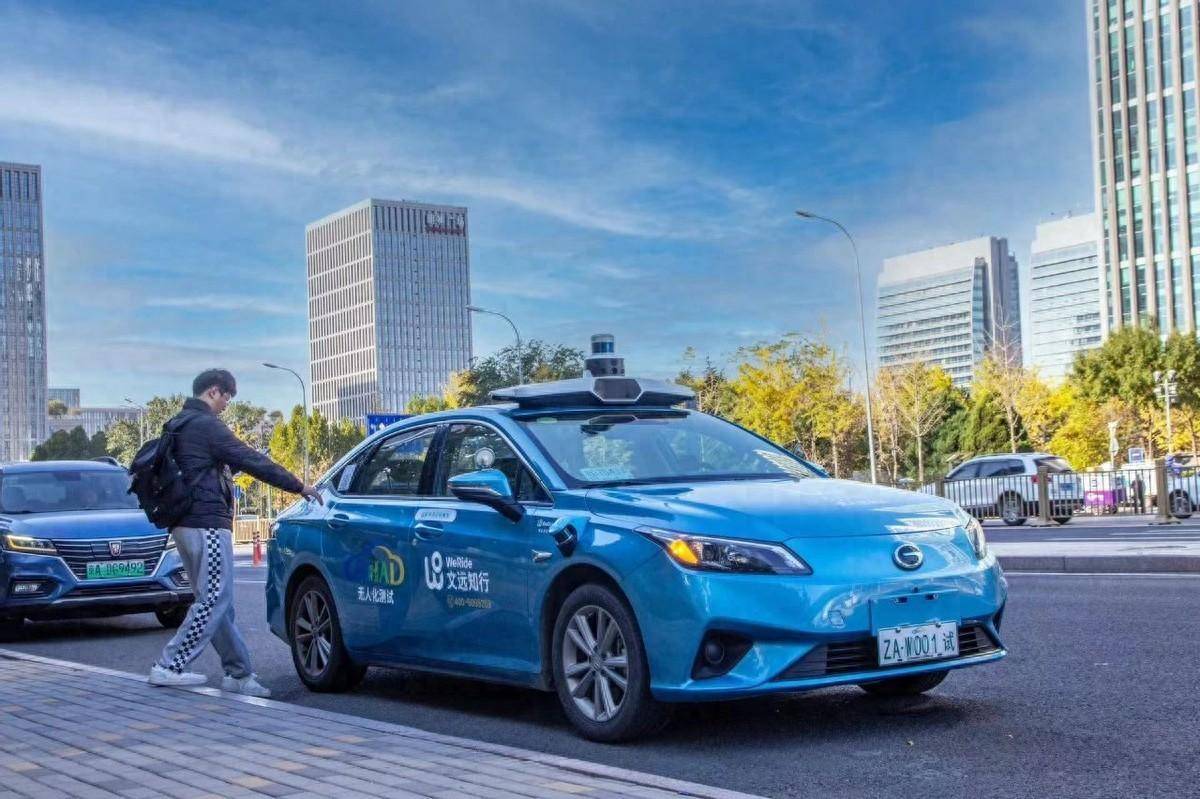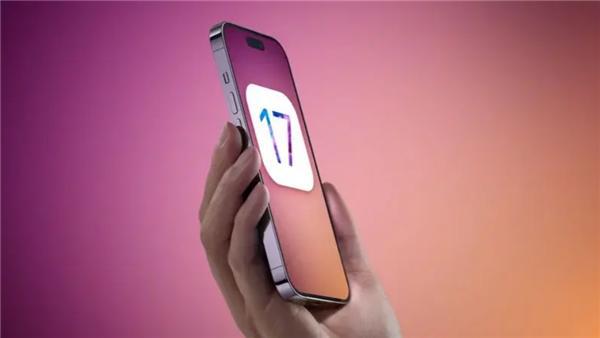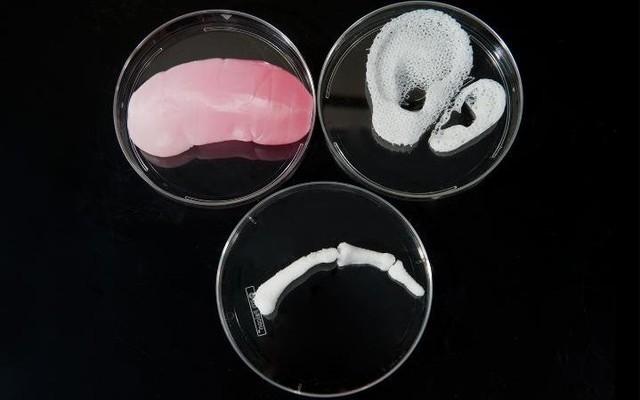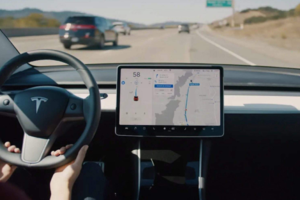Today we're going to talk about something cool - artificial intelligence has managed to create primitive proteins from scratch, that's right, the magical "nutritional companions" of our bodies. That's right, the magical "nutritional companion" of our bodies.
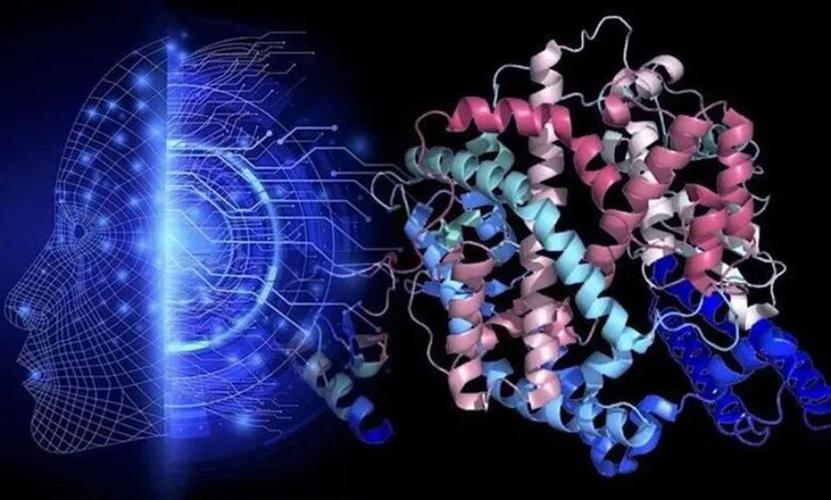
First, let's explain the "magic" of the process: AI generates artificial enzymes like a talented designer creating a unique work of art. But this time, it's "alchemy". Through computer algorithms, it is like doing a "chemical experiment", combining a variety of chemical elements from scratch, and finally successfully synthesizing the original protein, just like making a magical "magic cuisine". It was like a magician waving a magic wand, drawing nutrients from the huge amount of protein structure data, as if accumulating a starry piece of design inspiration in his mind. The process is like a miracle at a "technological carnival". Artificial intelligence plays the role of an "alchemist", wearing a white coat, holding a variety of high-tech instruments, and busy running back and forth in the laboratory. These "alchemists" are like a group of crazy inventors, constantly trying all kinds of methods to synthesize primitive proteins. Sometimes they are playing a "chemistry game", constantly adjusting the formula to find the best combination. At other times it was like a "scientific adventure", exploring uncharted territories and digging for potential treasures. After a lot of hard work, finally, after countless attempts and improvements, the designer has completed his work - a new artificial enzyme artwork. This work of art has shown amazing magic in the laboratory, it is like a small magician, able to catalyze a variety of reactions and play a magical effect comparable to that of natural enzymes.
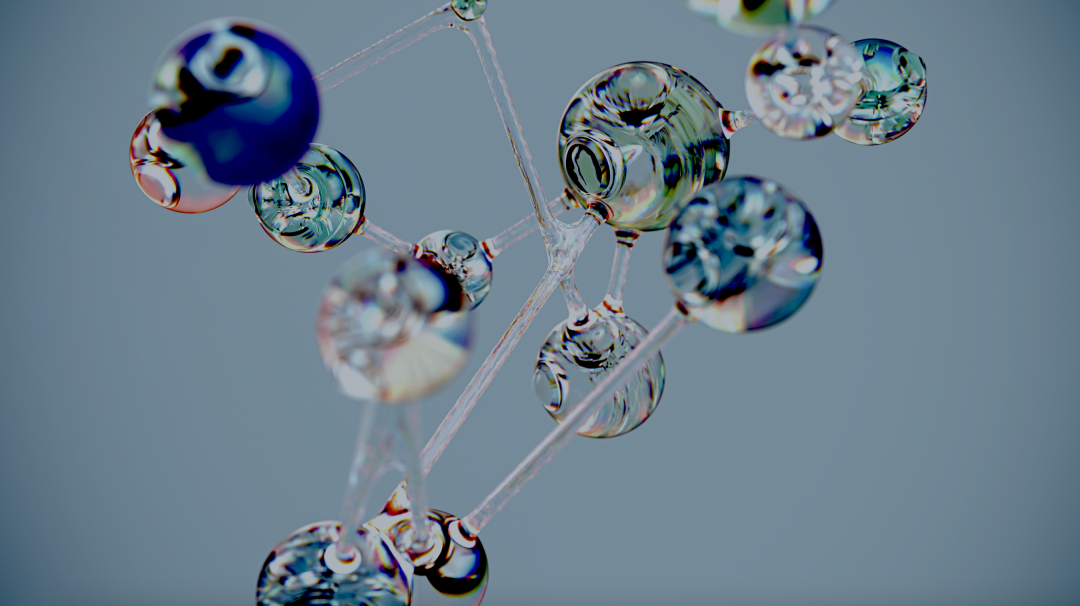
The scientists cheered with excitement as if they were making gold! They succeeded in synthesizing the original protein, bringing an amazing "alchemical miracle" to the scientific world.
This process is not just a scientific experiment, but an adventure in scientific exploration. In this process, artificial intelligence has demonstrated incomparable wisdom and power, injecting new vitality and momentum into the progress and development of science. The success of this technology represents a breakthrough in the scientific community, and scientists are standing at the threshold of discoveries, clapping their hands in excitement and cheering as if they were welcoming a "scientific party". The technology provides them with a new and unprecedented way to synthesize a wide range of proteins with the precision of a customized shoe, opening up endless possibilities in the fields of medicine and biotechnology.
This technology opens the door to "scientific treasures" for scientists as if giving them a key to uncharted territories that have never been opened before. They are free to explore this world of treasures, digging for new knowledge and technology, and bringing more scientific progress and innovation to human society. Secondly, this technology brings great hope and opportunity to the field of medicine and biotechnology. Imagine, with this technology, scientists can precisely synthesize the proteins needed for various drugs and treatments, providing a whole new way and possibility for the treatment of diseases. It's like opening the door to new drug development for the medical community, allowing scientists to find cures for diseases more quickly and protect human health.
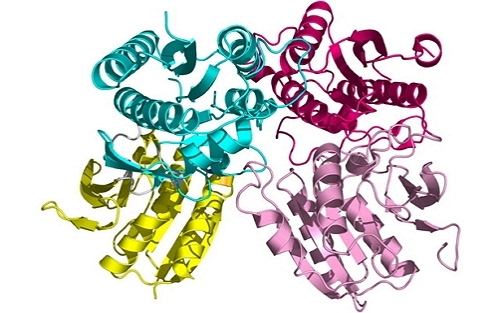
The success of this technology means a big step forward for the scientific community, like a new breath of life for the whole field of biomedicine. It opens the door to a new world of possibilities.
The success of artificial intelligence in generating primitive proteins from scratch is like a "magic show" for the scientific community, demonstrating the powerful potential and unlimited possibilities of artificial intelligence. Don't underestimate these newly created protein elves, they can be of great use in the future, such as the medical industry, and environmental protection industry will need to use them.
